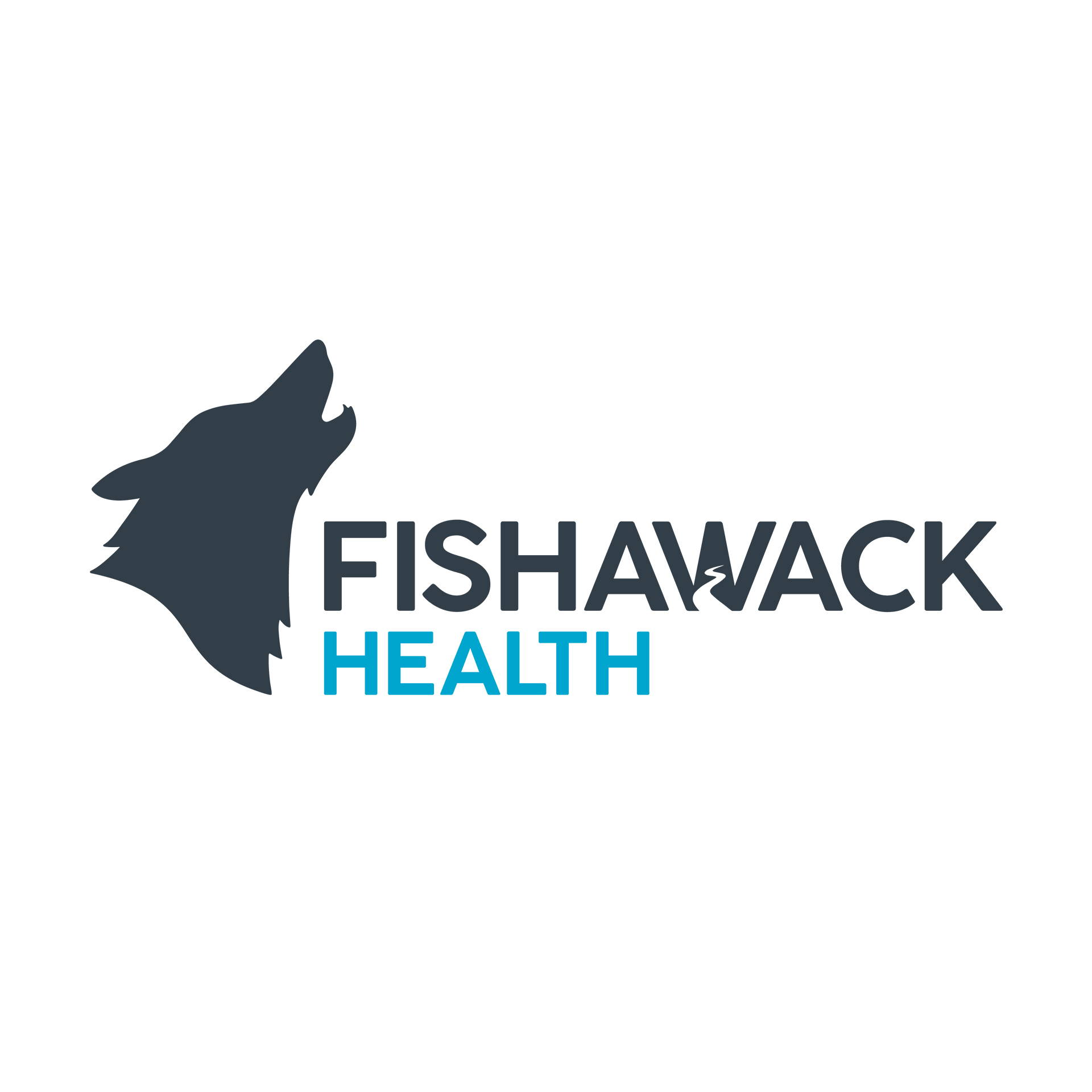Publications: The unsung heroes quietly transforming patients’ lives

Medical communications work can be inelegantly divided into publications work, and everything else bucketed as medical affairs. Beyond that lies the mysterious kingdom of Commercial work, bordering on Marketing, which abuts the even more distant realm of Advertising. And it’s a strange thing that as the distance from publications increases, the perception of attendant glamour and excitement correspondingly increases. Publications can speak for themselves – they don’t (generally) win awards, they don’t (generally) look good in a showreel and they aren’t often shouted about within MedComms. But they play a crucial role in supporting the adoption of innovative treatments and driving better patient care. In this article, we celebrate their unique role as the foundation of all medical communications and illustrate the benefits of working in this space.
The thrill of discovery
If you think of publications as a means of disseminating data, you’re missing the point. Data are meaningless without interpretation; interpretation is meaningless without context, and you are screaming into a void unless your contextualized, interpreted results are read. The art of writing a paper lies in the narrative, not the numbers.
However, the writer can be among the first in the world to see the data, and as they gaze upon the results, meaning can emerge. The key result may be on Page 142 in Table 1.2.1.3, but it is a thrill to discover that a drug has the potential to change the treatment landscape and improve patients’ lives. And patients should never be an abstract concept. They are you and me. They are our parents. They are our family, friends, neighbors, and colleagues. Although the greatest excitement is associated with the release of results of a pivotal Phase 3 study, faint glimmers can be seen much earlier in the drug development process. There is a huge buzz to be personally acknowledged at the end of a paper, as recently happened with two of our Medical Writers in the New England Journal of Medicine. This is a small way a writer’s contributions can be viewed as tangible and long lasting.
Relationship forming
For many medical writers, perhaps the greatest benefit of working on a publications account is the opportunity to build lasting relationships with our clients, key experts, and authors as we join them on the journey through the product life cycle. Writers with just a few years’ experience might be on first-name terms on calls with world leaders in their field, which is not something that routinely happens even if you remain in academia for work. And a practical consequence of these relationships is access to invaluable insight into experts’ clinical challenges and dilemmas, as well as shining a light on how patients perceive their diagnosis, prognosis, and treatment. This sets us up to be ideally placed to assist with future medical affairs work later in the life cycle.
Strategic foundations
Talking of later in the life cycle, how do you know what you can say about a product? How do you know how to differentiate it from its competitors in a crowded marketplace? Will it be approved by the regulatory authorities? Will it get funded? Should hospitals have it on their formularies? Will it actually change patients’ lives? As anybody working in the vague vicinity of med comms knows, all claims need to be substantiated by publications; they are a fundamental part of any medical communications plan and underpin all strategic activities. For our pharmaceutical clients, they provide the evidence and rationale for their communications throughout the life cycle of a product, from preclinical studies through the clinical development program to launch and beyond.
Individual and team development
Working on a publication account provides excellent learning opportunities for members of our account teams. New medical writers can learn how to navigate complex processes, appreciate the importance of accurate and realistic timelines, gain a solid grounding in the multitude of regulatory and compliance requirements, and sharpen their project management skills. Similarly, project managers can learn the value of process, the importance of forward planning and timelines, and grow their financial acumen—all skills that can be applied to more complex projects in the future.
Perhaps most importantly, writers work with authors to create stories and narratives around data. Of course, storytelling is incredibly important in all our deliverables, but prose is an undervalued luxury. In publications—often in the discussion section—paragraphs can be constructed to convey the most nuanced of arguments. It’s an intellectual challenge and skill to convey promise in the face of failure to meet a primary endpoint or excitement in the face of an obscure exploratory subgroup analysis. Our writers get to work with authors to do this and learn their craft as they do so. Their achievements speak for themselves when we look at the high rate of acceptance of our publications in their first-choice journal.
The future of publications
We’ve explored the excitement inherent in publications, the way in which they underpin strategic projects, the value of writing in prose, the use of publications accounts as excellent training for other work, and the opportunity to build lasting relationships with world-leading experts. But that’s not all: publications now extend beyond manuscripts, posters, abstracts, and oral presentations. In recent years, opportunities have greatly increased for digital innovation in publications. Developing infographic posters, podcast manuscripts, and graphical and video abstracts increases the reach of a publication by providing it in formats to suit a wide range of learning styles and available time. Patients are increasingly becoming important stakeholders in their own health, so many of these communications are now a vital part of any publication plan.
Publications provide uniquely rewarding opportunities for writers, and our publications accounts lead to lasting relationships with clients and their assets. It may take time from manuscript inception to publication, but the results are essential for the success of new treatments and fundamental to improving patients’ lives.












